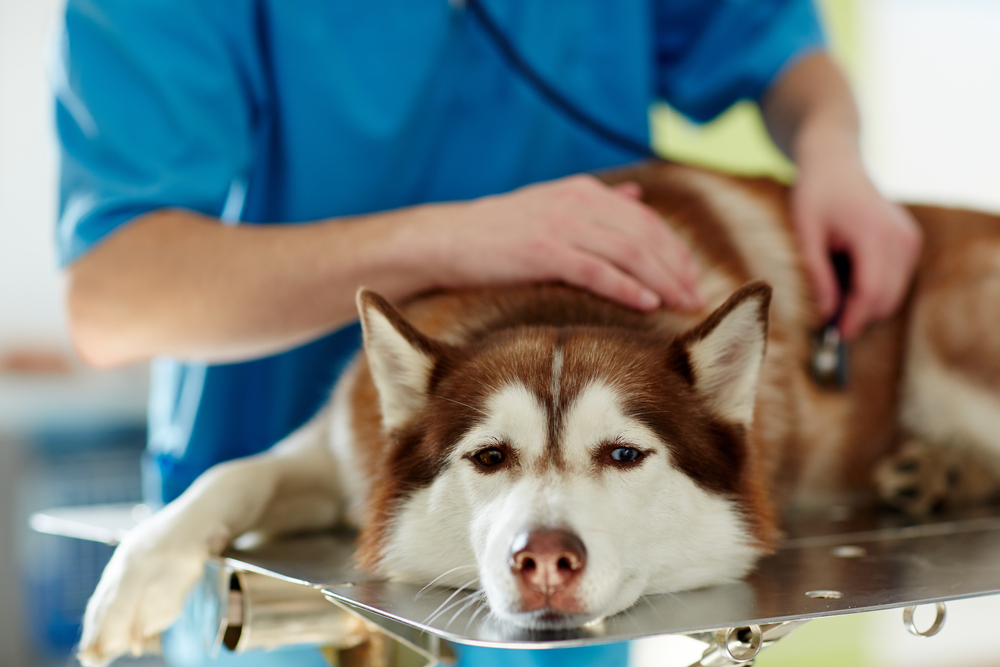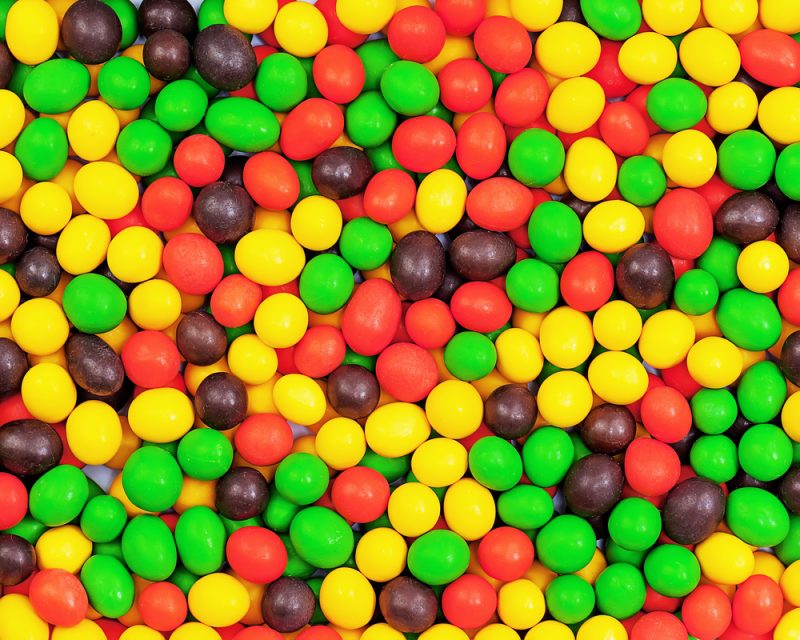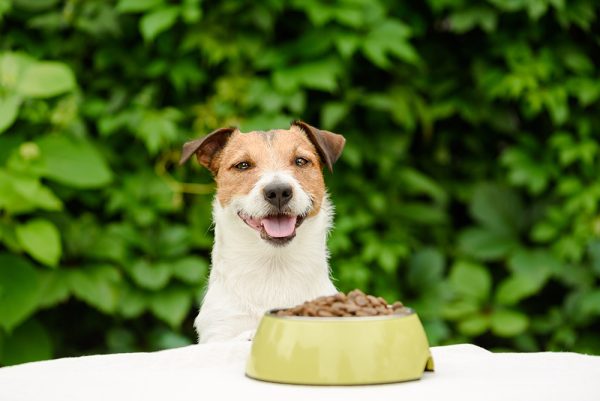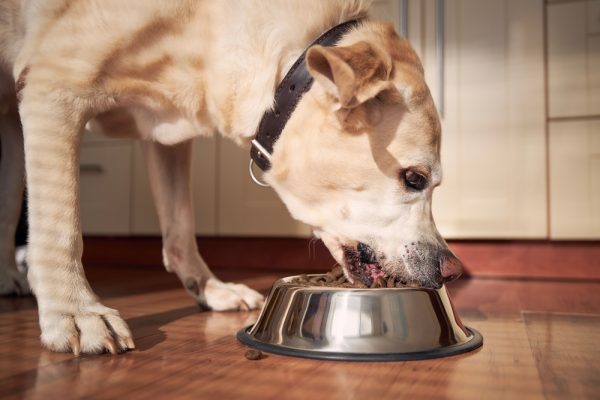In this article
View 3 More +Many people have a seemingly insatiable sweet tooth. However a taste for sugar may have some benefits, as it supplies energy and is quickly metabolized by the human body with a decent return. Dogs aren’t different from people in our need for glucose for the health and functioning of our red blood cells and brains. So, if you like sweet treats, you may wonder if you can give your dog brown sugar.
The short answer is no, dogs should not eat brown sugar, even though it’s technically not toxic like chocolate or raisins. Nevertheless, it can have adverse health consequences that make it a big no-no. Let’s explore why indulging your pup’s sweet tooth is a bad idea.

Why Can’t Dogs Eat Brown Sugar?
Our pets can detect all four tastes in varying degrees. Interestingly, our canine companions aren’t as keen on salt as we are because of their low tolerance for sodium. Meanwhile, cats can’t taste sweet. These differences are the products of evolution and, in direct and indirect ways, improve the animal’s survival. Your dog can eat sweet foods, like some fruits and vegetables, but excess and processed sugars are not good for them. So, the concentrated form of brown sugar is a problem for dogs.

The Risks of Feeding Brown Sugar to Dogs
Brown sugar is high in calories and nutritionally void. A single packed teaspoon contains 17.5 calories. That may not sound like much until you compare it to a 10-pound dog’s daily caloric intake of 275 calories. However, that’s nearly equivalent to all the treats your dog should get for the entire day. They are far better off eating a treat with some real nutritional value that will make them feel more sated.
Food Intolerance
Brown sugar is table sugar with added molasses, which gives it its characteristic color and taste. Chemically, it is a disaccharide or two bonded simple sugar molecules. The takeaway is that it’s more complex, which can affect its digestibility. This is similar to you eating something that doesn’t agree with your system.
Think of it from your dog’s perspective. The chances are you feed your pet one diet supplemented with treats. Of course, treats shouldn’t be making up more than 10% of your pet’s daily caloric intake. The animal’s body is fine-tuned to what they eat. So, when you give them something wildly different from their usual food, like brown sugar, their body levels of the necessary enzyme to break it down are low or lacking. That creates the perfect storm for GI distress and abdominal pain.
This adverse reaction doesn’t involve the immune system, so it’s not an allergy. Instead, scientists call it an intolerance to this new food. That’s also the reason you should slowly transition your dog to a different diet: to give them time to adapt.

Other Sweeteners
You may wonder about other sweeteners and their effects on your dog. Sugar, whether powdered or regular table sugar, isn’t toxic to dogs. However, the same precautions apply. The exception to the rule is xylitol. This sugar substitute is poisonous to dogs. This chemical stimulates insulin release, which, in turn, drops blood glucose to life-threatening levels. It can also cause liver damage in dogs.
We’ve discussed brown sugar as a single food item. However, we strongly urge you not to give your pet any baked goods that may contain xylitol. If in doubt, leave it out of your pup’s diet.
Dogs and Carbohydrates
When discussing brown sugar, the discussion generally turns to carbohydrates. Carbs provide glucose that canines must have.
A small experiment with dogs allowed free choice of foods to determine their macronutrient preferences. The animals selected a diet composed of 30% protein, 63% fat, and 7% carbohydrates. It’s worth noting that canines use smell in conjunction with taste, which may have influenced their preferences.
When accounting for palatability, another study had dogs choosing 23%, 41%, and 36%, respectively. These percentages fall in line with the breakdown in commercial diets.

Conclusion
Dogs have evolved and adapted over the ages to live with humans, even to influence their diet and metabolism. Our pets can technically consume carbs like brown sugar. Nonetheless, brown sugar is problematic on many fronts.
One must consider the calories in foods since our dogs aren’t nearly as active as their wild counterparts. That puts obesity on the table. The other concerns lie with adverse health effects like dietary intolerance. Brown sugar can negatively affect your dog if given regularly. Therefore, we recommend not giving it to your pup to avoid starting a bad habit.
See Also:
- Can Dogs Eat Tamales? Vet-Approved Facts & FAQ
- Can Dogs Have Stevia? Vet-Verified Nutrition Facts & Info
Featured Image Credit: GabiSanda, Pixabay


















